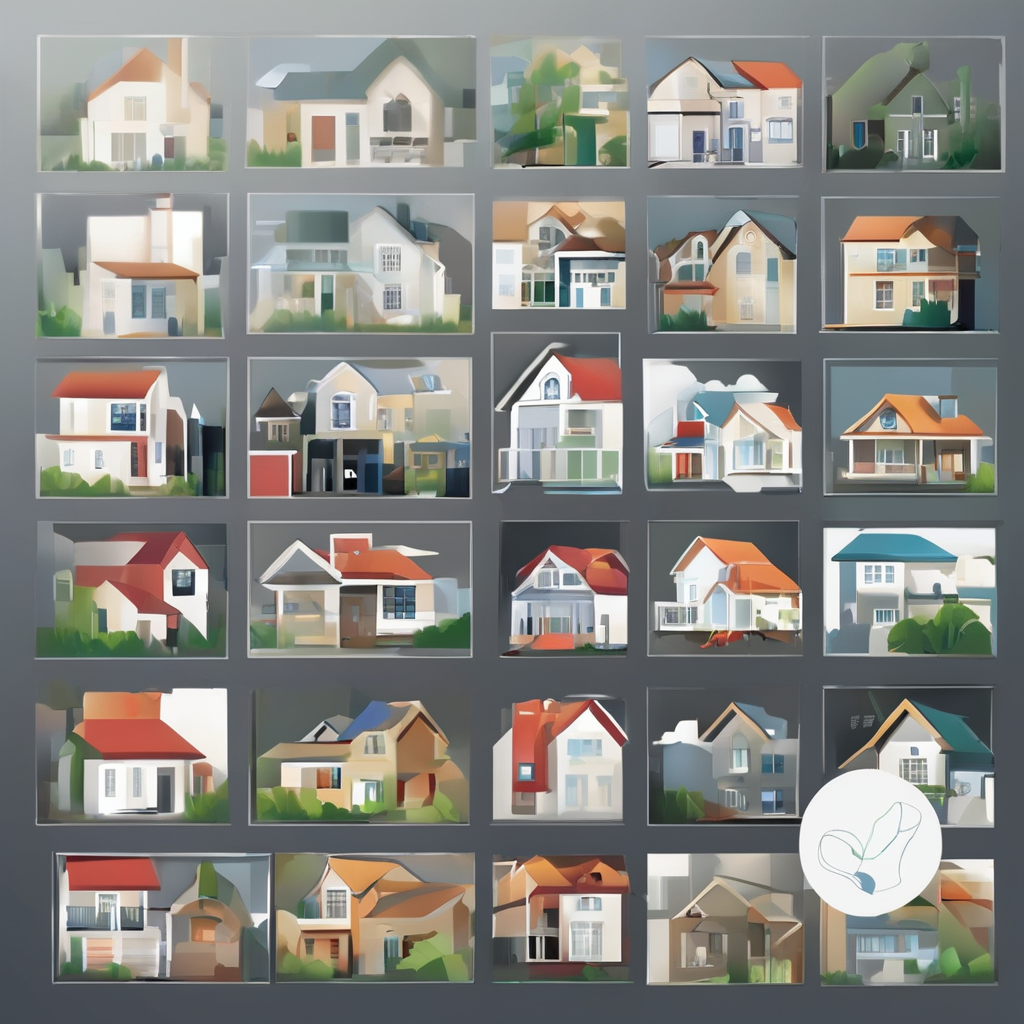Overview of Home Automation Technologies
Home automation is rapidly becoming a staple in urban properties throughout the UK. This advancement in smart home technology enhances convenience and security, making homes not only more efficient but also safer. Common technologies include smart thermostats, automated lighting systems, and intelligent security surveillance. These systems allow homeowners to control or schedule their home devices from mobile apps or even smart assistants like Alexa or Google Assistant.
Integrating these technologies into urban properties offers multiple benefits. They can lead to lower energy bills, increased property value, and improved home security. By automating routine tasks, residents save time and reduce manual effort, enabling a more relaxed lifestyle.
Also to see : Unpacking the UK Building Safety Bill: A Deep Dive into Its Impact on Property Insurance
Recent statistics indicate a significant increase in adoption rates of smart home technology among UK homeowners. As of the latest surveys, nearly 32% have adopted at least one form of home automation. This growing trend highlights the rising acceptance and trust in home automation solutions. The potential for enhanced energy efficiency and improved security are primary reasons for this interest, encouraging more homeowners to embrace these futuristic technologies for their urban homes.
Changes in Insurance Policies Related to Automation
The integration of home automation into properties is reshaping the landscape of insurance policies. Many insurers are now offering smart home discounts to homeowners who have adopted automation technologies. These discounts are primarily available because automated systems, such as intelligent security and leak detection devices, reduce risk for insurers by enhancing property protection and minimizing damages. Typically, insurers provide a percentage reduction in premiums for properties fitted with these smart systems.
In parallel : Discover the Hidden Financial Advantages of Buying Property in UK Conservation Areas: Vital Tips for Homebuyers
Moreover, insurance providers are adjusting coverage requirements post-installation of smart devices. Homes equipped with automation technologies might experience different claim procedures or policy limits due to enhanced security measures and reduced loss potential. For example, lower risks of theft or water damage could lead to comprehensive coverage changes.
Experts forecast that these insurance policy adjustments will continue evolving as more home automation tasks become standardized. Future policies might include incentives for advanced technologies like AI-driven safety analysis, encouraging more homeowners to embrace automation. These adjustments not only attract customers but also ensure policies are in sync with modern smart home technology advancements.
Impact of Automation on Property Insurance Costs
Home automation technologies offer substantial benefits to insurance premiums as they effectively lessen risks for insurers. Devices like smart water leak detectors and automated security systems can significantly reduce the likelihood and severity of incidents such as water damage or burglary. This risk assessment positively impacts insurance costs by lowering premiums for properties equipped with advanced automation.
A statistical overview highlights that on average, installation of home automation systems can lead to a reduction in insurance costs by approximately 10-20%. This cost reduction is contingent upon the type and efficacy of the installed devices, as well as the specific policies of the insurance provider.
Real-world examples underscore these savings. Homeowners with comprehensive smart home set-ups have reported measurable decreases in their insurance expenses. In one case, a property owner who installed a network of smart smoke detectors and a security alarm system noted an 18% premium decline. These case studies affirm that integrating smart technologies not only safeguards homes but also offers tangible financial benefits. This dual advantage makes automation an appealing investment for risk-conscious homeowners.
Practical Advice for Homeowners
Smart home technology is revolutionizing property management, offering numerous benefits beyond just convenience. For homeowners keen on integrating home automation while saving costs, there are strategic actions to consider. Start with simple, high-impact devices. Smart thermostats, for example, not only enhance comfort but are efficient energy savers, potentially lowering utility bills.
When prioritizing automation investments, consider devices that offer the most substantial insurance savings. Insurers typically appreciate water leak detectors and advanced security systems. These devices decrease the potential for damage and theft, reducing risk, and often qualifying properties for premium discounts.
To maximize savings, homeowners should explore smart home discounts offered by insurers. Investing in eligible technology can lead to significant insurance premium reductions. Additionally, many utility companies offer rebates for installing energy-efficient devices. This further offsets initial costs and enhances long-term savings.
Lastly, always consult with insurance providers to understand coverage changes post-installation. They can provide tailored advice on which smart technologies deliver the best coverage benefits. By aligning technology selections with cost-saving strategies, homeowners can enjoy both modern conveniences and financial rewards.
Future Trends in Home Automation and Insurance
In the realm of urban living, future trends in home automation promise exciting developments. Experts anticipate technologies like artificial intelligence (AI) to play a pivotal role in enhancing smart home systems, offering innovative solutions for urban environments. As AI evolves, more intuitive devices that anticipate homeowners’ needs are expected, leading to seamless integration within modern lifestyles.
Insurance innovation is also set to transform. With the integration of advanced smart systems, insurers may introduce policies that leverage predictive data analytics to tailor coverage more accurately. This personalization can lead to more competitive insurance premiums, aligning with individuals’ specific risk profiles and further encouraging cost reduction.
Companies might implement incentives for proactive risk management, thus promoting risk assessment as a strategy to optimize insurance costs. Emerging technologies, such as IoT (Internet of Things) connected devices, will likely contribute significantly to these changes. They could provide real-time data, helping insurers reduce unnecessary claims and streamline claim processes.
In conclusion, the interplay between automation and insurance will likely foster smarter, more intuitive living environments, marking a profound impact on urban property dynamics.


